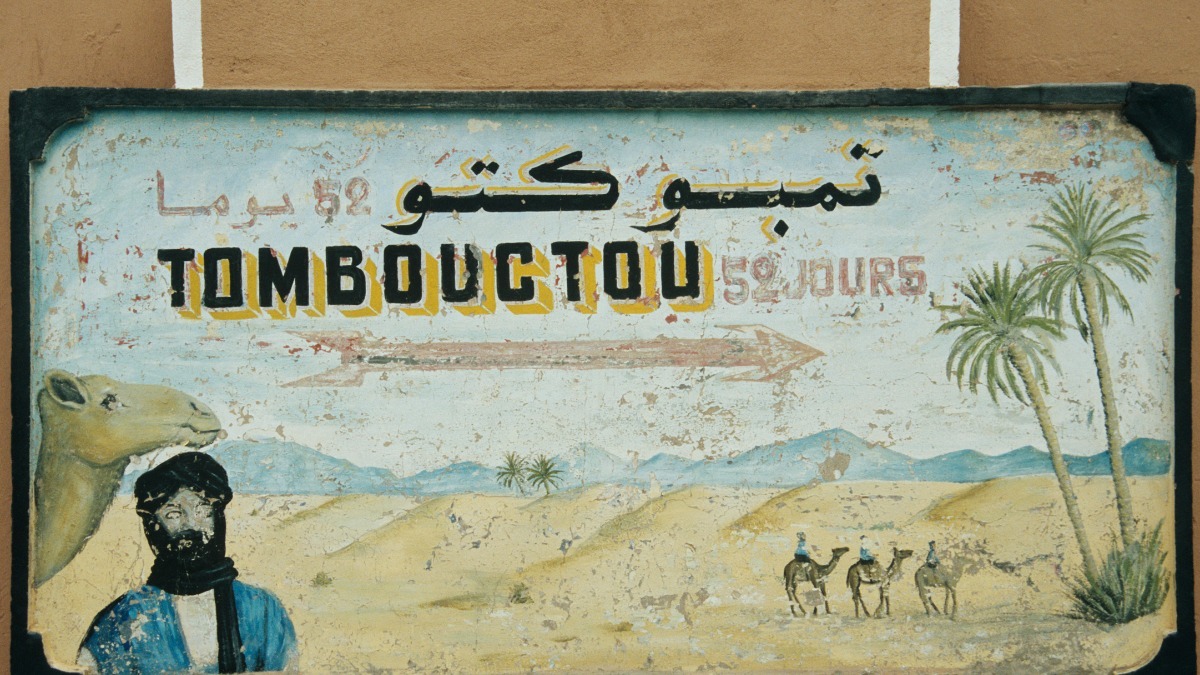Mali’s adoption of 2023 Mining Code is seen as a key step towards reopening its mining sector
Return to regulatory normalcy expected to see new licences, permits and approvals being issued
Toubani to work closely with Government to progress development of its Kobada gold project
Special Report: Mali’s widely anticipated adoption of its 2023 Mining Code has been welcomed by Toubani Resources as a vital step towards reopening the country’s mining sector.
Mali had in November 2022 issued a moratorium on the administration of all new licences, permits and approvals in order to facilitate an audit of operating mining companies as well as undertake a comprehensive review of the country’s 2019 Mining Code.
Both the audit and review process have now been completed, leading to the new 2023 Mining Code being adopted by the Council of Ministers on 3 July 2024 with the Implementation Decree expected to be published in the Official Gazette soon.
The new Code presents an updated and comprehensive regulatory framework for investment in the mining sector.
It allows the Mali government to take a 10% stake in new mining projects and grants it the option to buy an additional 20% within the first two years of commercial production.
A further 5% stake could be ceded to locals.
Toubani Resources (ASX:TRE) noted that the adoption of the Implementation Deed will return the country’s mining industry to regulatory stability and should lead to Mali resuming the issue of new licences, permits and approvals.
It also welcomed the provisions for grandfathering of previous licenses, ensuring sector-wide operational continuity.
Progressing Kobada to production
The company noted that while its licences existed under the previous mining code and were thus unaffected by the terms of the new code, it is committed to proactively engaging with the Malian Government.
It pointed out that the Mining Code aligns Mali’s option to participate in individual projects with those of other surrounding francophone countries and that it was looking forward to discussing the State’s participation in its Kobada gold project.
“We are encouraged by the adoption of the Implementation Decree of the 2023 Mining Code, which is the last step to the finalisation of the new mining legislation and provides a basis for a return to regulatory stability in the country’s mining sector,” Toubani CEO Phil Russo said.
“This development not only reaffirms Mali’s commitment to its mining sector but underpins, in our view, a desire to restore confidence among investors and stakeholders.
“With anticipated resumption in the administration of the mining sector as well as recent resolution of other, company-specific issues, we are optimistic about Mali’s return to prominence as one of West Africa’s top gold producers.
“Toubani looks forward to engaging with the State of Mali to advance Kobada, leveraging our strong relationships in country, including with our local communities as well as with the various government authorities, and will do our part to contribute to the economic growth and sustainable development of Mali’s mining industry.”
TRE also noted that the recent resolution of other, well-covered company-specific issues in Mali is a welcome development for the sector overall, adding that it reinforced its social licence to operate in the country by maintaining in-country engagement activities at multiple levels.
Kobada currently hosts an oxide-dominant 2.2Moz gold resource, with 2Moz in the higher confidence indicated category that provides enough certainty for mine planning.
More importantly, about 1.4Moz of the indicated resource is in the oxide zone, which contains material that is typically cheaper, easier and less energy intensive to process than fresh rock given its free-dig, near surface material.
This is expected to put Kobada on the fast track towards development with TRE expecting to make a final investment decision sometime in 2025.
There is also potential for further growth at depth below the current resource estimate as well as across the +50km regional-scale shear zones known to host mineralisation within the project.
This article was developed in collaboration with Toubani Resources, a Stockhead advertiser at the time of publishing.
This article does not constitute financial product advice. You should consider obtaining independent advice before making any financial decisions.
The post Toubani welcomes Mali’s adoption of new mining code appeared first on Stockhead.






















